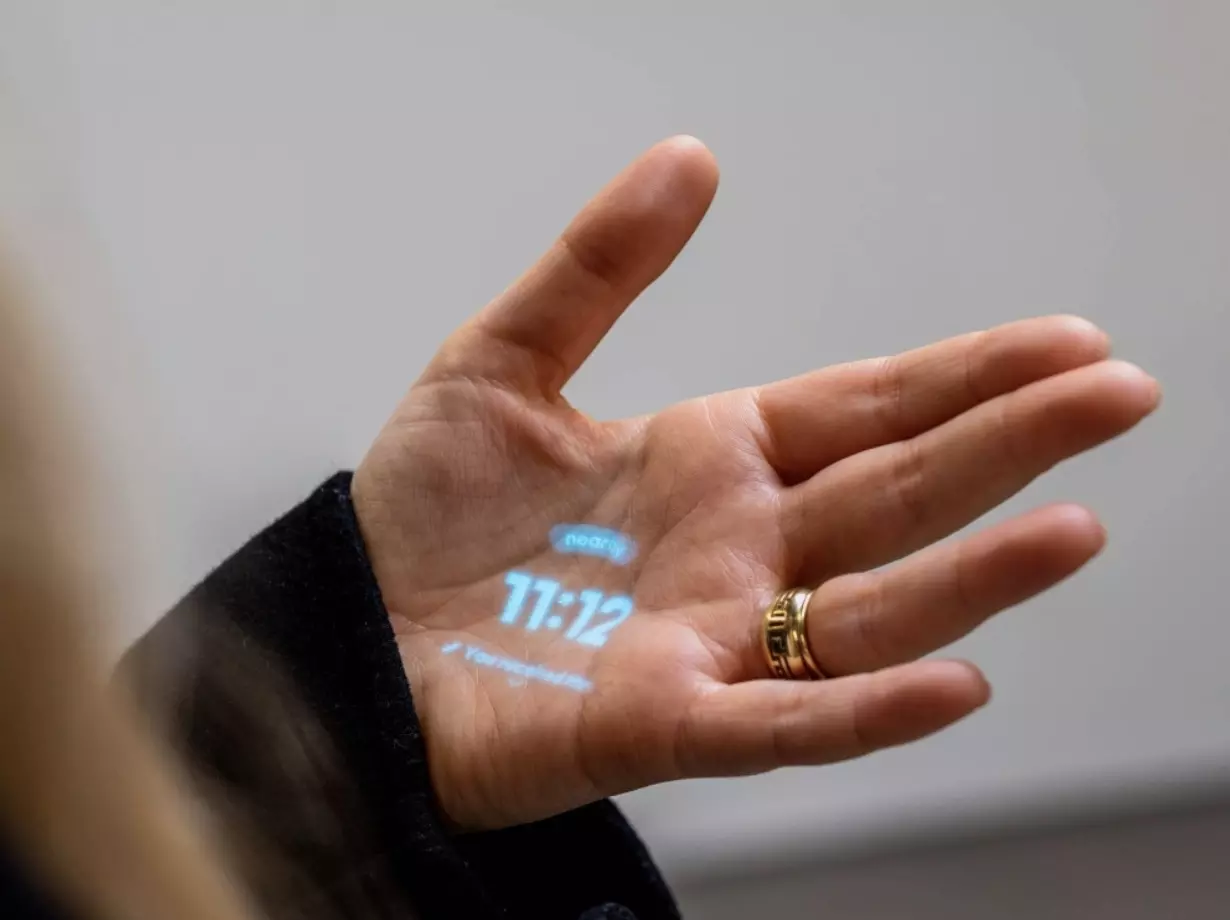Silicon Valley's Ai Pin aims to tackle smartphone addiction
In the heart of San Francisco's SoMa neighborhood, a startup named Humane is causing a stir with its new Ai Pin, just weeks away from its public debut.
image for illustrative purpose

In the heart of San Francisco's SoMa neighborhood, a startup named Humane is causing a stir with its new Ai Pin, just weeks away from its public debut. Founded by two former Apple employees, Imran Chaudhri and Bethany Bongiorno, Humane aims to tackle smartphone addiction through innovative technology.
Backed by five years of development, $240 million in funding, 25 patents, and strategic partnerships with tech giants like OpenAI, Microsoft, and Salesforce, the Ai Pin marks Humane's ambitious endeavor to free the world from smartphone dependency by introducing more advanced technology.
Chaudhri and Bongiorno envision a future where artificial intelligence takes the forefront, allowing the computer to assume a less intrusive role. The Ai Pin, touted as the world's first artificially intelligent device, offers multiple control options, including voice commands, touchpad interactions, and a laser display projected onto the hand. Capable of instant actions like sending texts, playing music, taking photos, making calls, and real-time language translation, the Ai Pin relies on AI to answer questions and summarize messages with a simple command.
Distinguishing itself from existing virtual assistants like Siri and Alexa, the Ai Pin excels in continuous conversations and precise message editing. However, with anticipation high, there is an underlying anxiety at Humane, given the history of wearable products struggling in the market.
Humane plans to ship approximately 100,000 Ai Pins in the first year, priced at $699 with a $24 monthly subscription. Success hinges on user adoption of the new operating system, Cosmos, and openness to obtaining a new phone number for the device. Users must adapt to dictating texts and accept certain features, such as object recognition and videos, being initially unavailable. Despite some reported glitches during demos, Humane's backers remain optimistic about the Ai Pin's potential.
Imran Chaudhri and Bethany Bongiorno, who met at Apple in 2008, share a vision to replicate the utility of the iPhone without perpetuating smartphone addiction. The Ai Pin, with its futuristic laser projection and reliance on audio cues, reflects their departure from Apple's rigid culture while retaining a commitment to design aesthetics.
As the Ai Pin's release approaches, Humane emphasizes trust and transparency, incorporating features like a "trust light" to signal when the device is recording. The company asserts a commitment to user data privacy, with no selling of data to third parties or using it for AI model training.
Despite skepticism, Humane envisions building an ecosystem akin to Apple's App Store, where third-party companies contribute features for its operating system. While the startup's ambition to disrupt the smartphone market is audacious, critics argue that Silicon Valley's recent focus on incremental innovations makes Humane's approach a refreshing departure. As the founders admit, the transition from smartphones may not mean using them less but using them differently.

